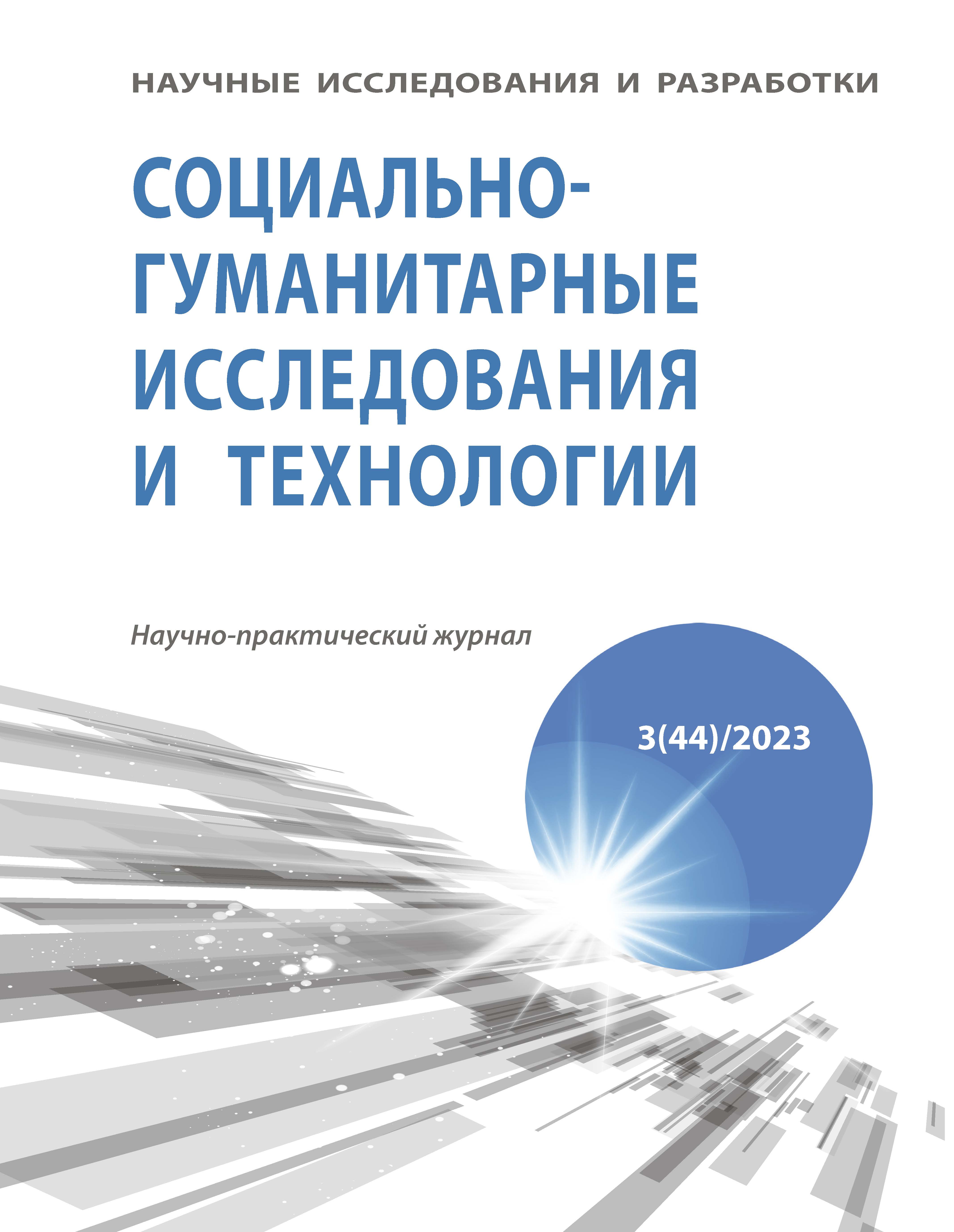Russian Federation
Krasnoyarsk, Krasnoyarsk, Russian Federation
The problem of educational motivation, conditions and opportunities for its development is relevant today for a number of reasons, the main of which is the need to improve the quality of education at different educational levels and in the context of expanding forms of education, such as family, remote, distance, home education. The relevance of the topic is due to the change in the content of education, the need to develop in children the methods of self-acquisition of knowledge and the development of an active life position. Psychologists and teachers speak with concern about the decrease in the educational motivation of schoolchildren, realizing these deficits not only as a problem of school education, but more widely - as a problem of pedagogical anthropology, the philosophy of education. In considering the phenomenon of learning motivation, the personal component is traditionally emphasized, depending on the aspirations and capabilities of students, on the choice of means to achieve significant goals. At the same time, in the context of a changing society and a reformed education system, the issues of academic motivation become the subject of interdisciplinary analysis and stimulate the search for appropriate educational and pedagogical practices. The article considers motivation in educational activity as a factor of socio-cultural adaptation and its significance for the development of social intelligence, cognitive (cognitive) abilities and psychological health of fifth-graders. The results of a scientific and educational project carried out in one of the secondary schools in Krasnoyarsk, including theoretical and diagnostic components, as well as the development of a program for the development of educational motivation, substantiating the effectiveness of group work for students of early adolescence, are presented. In the study, general theoretical methods were supplemented by empirical ones (observation, conversation, questioning) and testing of group work methods. An increase in the level of educational motivation among students of the 5th grade was confirmed when using various forms of group tasks.
educational motivation, diagnostics, development, education, questioning
1. Adaskina A.A., Melyuhina N.A. Vliyanie rezhima obucheniya na pokazateli rabotosposobnosti shkol'nikov // Psihologo-pedagogicheskie issledovaniya. 2020. T. 12. №2. S. 24-37. DOI: https://doi.org/10.17759/psyedu.2020120202; EDN: https://elibrary.ru/WOZNHN
2. Bezrukavnyy O.S. Problemy psihologo-pedagogicheskoy adaptacii obuchayuschihsya pri perehode v osnovnuyu shkolu // Psihologo-pedagogicheskie issledovaniya. 2018. T. 10. №3. S. 1-11. DOI: https://doi.org/10.17759/psyedu.2018100301; EDN: https://elibrary.ru/YLUVJB
3. Danilova E.E. Soderzhanie i dinamika motivacionnyh predpochteniy sovremennyh mladshih shkol'nikov i mladshih podrostkov // Psihologicheskaya nauka i obrazovanie. 2019. T. 24. №4. S. 51-61. DOI: https://doi.org/10.17759/pse.2019240404; EDN: https://elibrary.ru/JWLEBN
4. Emel'yanova I.V., Kulagina I.Yu. Osobennosti razvitiya social'nogo intellekta v mladshem shkol'nom vozraste // Psihologo-pedagogicheskie issledovaniya. 2020. T. 12. №2. S. 91-107. DOI: https://doi.org/10.17759/psyedu.2020120206; EDN: https://elibrary.ru/JTKTNF
5. Efremova N.F., Huseynova A.A. Motivaciya kak cennostnyy fenomen obrazovatel'noy deyatel'nosti //Sovremennye naukoemkie tehnologii. 2020. №4 (chast' 1). S. 164-169. DOI: https://doi.org/10.17513/snt.37992; EDN: https://elibrary.ru/UKBVNA
6. Il'in E.P. Motivaciya i motivy. SPb.: Piter, 2011. 512 s. EDN: https://elibrary.ru/SDPWVZ
7. Luk'yanova M.I. Uchebnaya deyatel'nost' shkol'nikov: suschnost' i vozmozhnosti formirovaniya : Metodicheskie rekomendacii dlya uchiteley i shkol'nyh psihologov. Ul'yanovsk : IPK PRO, 1998.64 s. EDN: https://elibrary.ru/VLVJOX
8. Serbinovskiy B.Yu. Vopros motivacii lyudey. M.: Vlados, 2006. 60s.
9. Slastenin V.P., Isaev I.G., Shiyanov E.E. Pedagogika: ucheb. posobie dlya vuzov. M.: Akademiya, 2008. 566 s.
10. Tolstyh N.N., Ter-Avanesova N.V., Chernyak N.A. Social'nye predstavleniya o shkole i uchenii v raznyh gruppah uchastnikov obrazovatel'nogo processa // Psihologicheskaya nauka i obrazovanie. 2019. T. 24. № 6. S. 5-15. DOI: https://doi.org/10.17759/pse.2019240601; EDN: https://elibrary.ru/OTUDET






